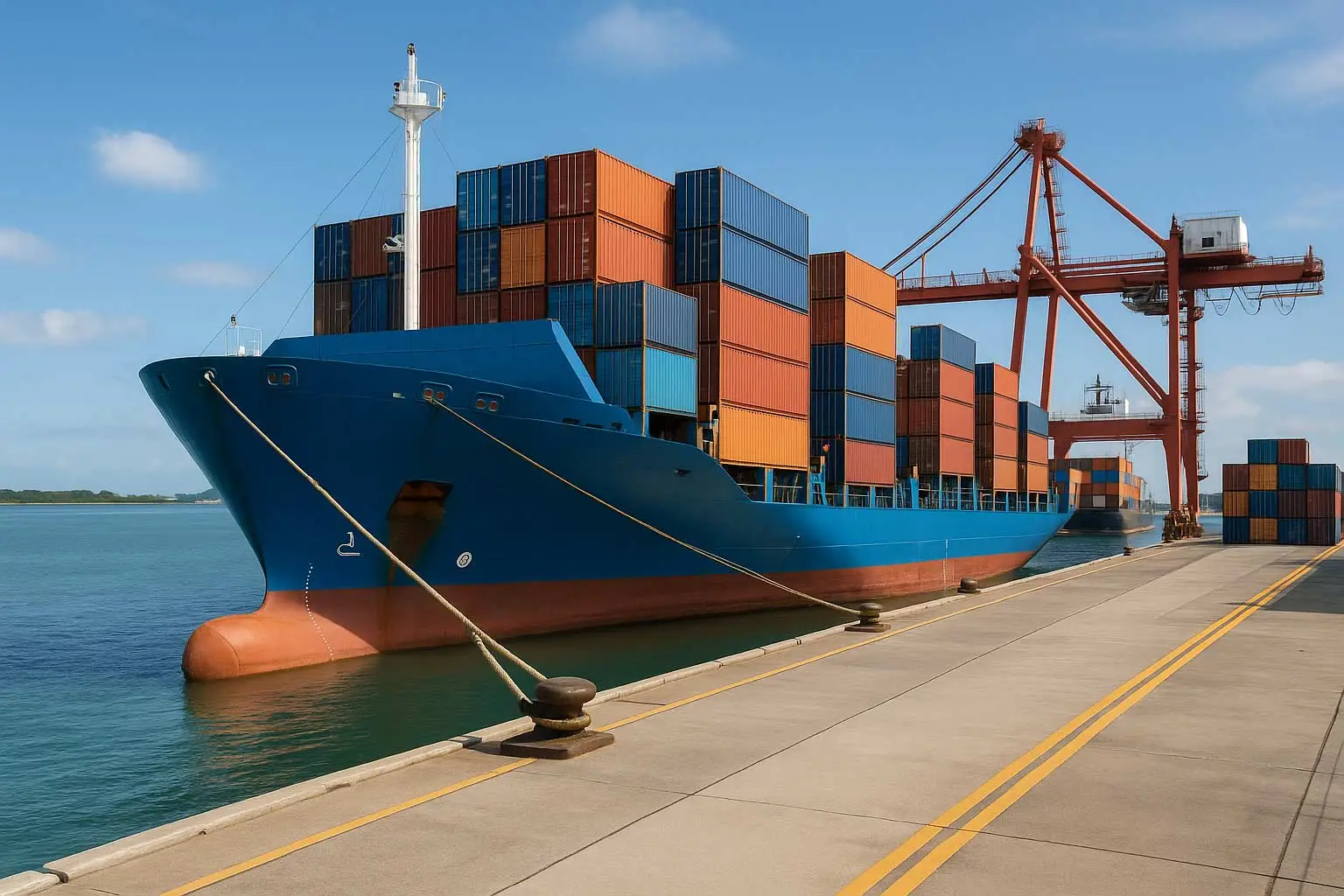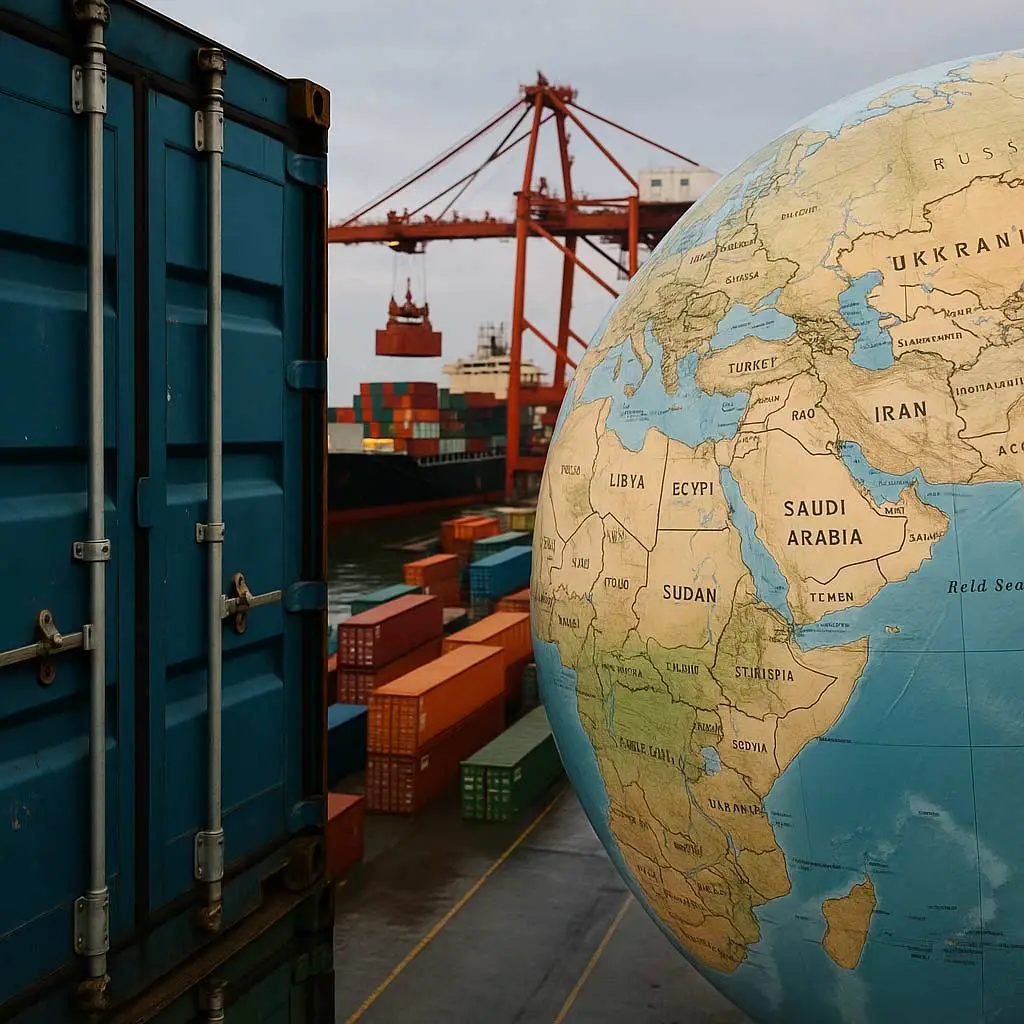Refrigerated trucking plays a pivotal role in the Australian economy, ensuring the safe and timely transportation of perishable goods across vast distances. With a landmass spanning more than 7.6 million square kilometres, Australia’s unique geography poses significant challenges for the transportation of goods, especially those that require temperature-controlled environments. In this article, we will explore the importance of refrigerated trucking in Australia and the key role it plays in sustaining the nation’s food supply chain and various other industries.
Preserving Food Quality
One of the primary functions of refrigerated trucking in Australia is the preservation of food quality. With a country that is both a major producer and consumer of perishable goods, the ability to transport fruits, vegetables, meat, dairy products, and seafood from farms and processing facilities to consumers is critical. Refrigerated trucks ensure that these products maintain their freshness, taste, and nutritional value throughout the journey, reducing food wastage and ensuring a reliable food supply.
Supplying Remote Regions
Australia’s vast and remote regions, such as the Outback, are home to many communities that rely on refrigerated trucking for their essential supplies. These trucks carry everything from fresh produce to medical supplies to remote areas, supporting the well-being and sustainability of these communities. Without refrigerated trucking, it would be nearly impossible to deliver goods safely to these distant locations.
Exporting Perishables
Australia is a major exporter of perishable goods, including meat, dairy, and seafood. The refrigerated trucking industry is vital in ensuring that these products meet international quality and safety standards during transportation. It helps Australian businesses access global markets and maintain a competitive edge by delivering high-quality products to customers worldwide.
Agriculture and Horticulture
The agricultural and horticultural sectors rely heavily on refrigerated trucking to transport their produce to various distribution points. These trucks enable farmers to get their products to market quickly while maintaining freshness, extending the shelf life, and reducing losses due to spoilage. This, in turn, benefits the Australian economy by supporting these critical industries.
Pharmaceutical and Healthcare
Refrigerated trucking is not limited to food products; it also plays a crucial role in the pharmaceutical and healthcare industries. The transportation of temperature-sensitive medications and vaccines is vital to maintain their efficacy. These trucks ensure that these products remain within the required temperature range during transit, safeguarding public health and well-being.
Reducing Environmental Impact
Refrigerated trucking in Australia has made significant strides in adopting more environmentally friendly technologies. Many companies are investing in refrigerated trucks with improved energy efficiency, reducing their carbon footprint. This contributes to Australia’s efforts to combat climate change and minimize the environmental impact of the transportation industry.
Ensuring Food Security
In recent years, global events such as the COVID-19 pandemic have underscored the importance of a secure and resilient food supply chain. Refrigerated trucking plays a vital role in maintaining food security in Australia by guaranteeing the timely delivery of essential food products to retailers and consumers, even during times of crisis.
Meeting Regulatory Requirements
Australia has strict regulations regarding the transportation of perishable goods, with specific requirements for temperature control and record-keeping. Refrigerated trucking companies play a crucial role in ensuring compliance with these regulations, which are designed to protect the health and safety of consumers.
Refrigerated trucking is the unsung hero of Australia’s logistics industry. It ensures the safe and efficient transportation of perishable goods, supporting not only the agricultural and food industries but also healthcare, remote communities, and international trade. As technology continues to advance, and with a growing emphasis on sustainability, the refrigerated trucking sector is poised to play an even more significant role in Australia’s economic development and environmental stewardship. Its importance cannot be overstated, as it is the backbone of a reliable and safe supply chain for the nation’s most essential goods.



